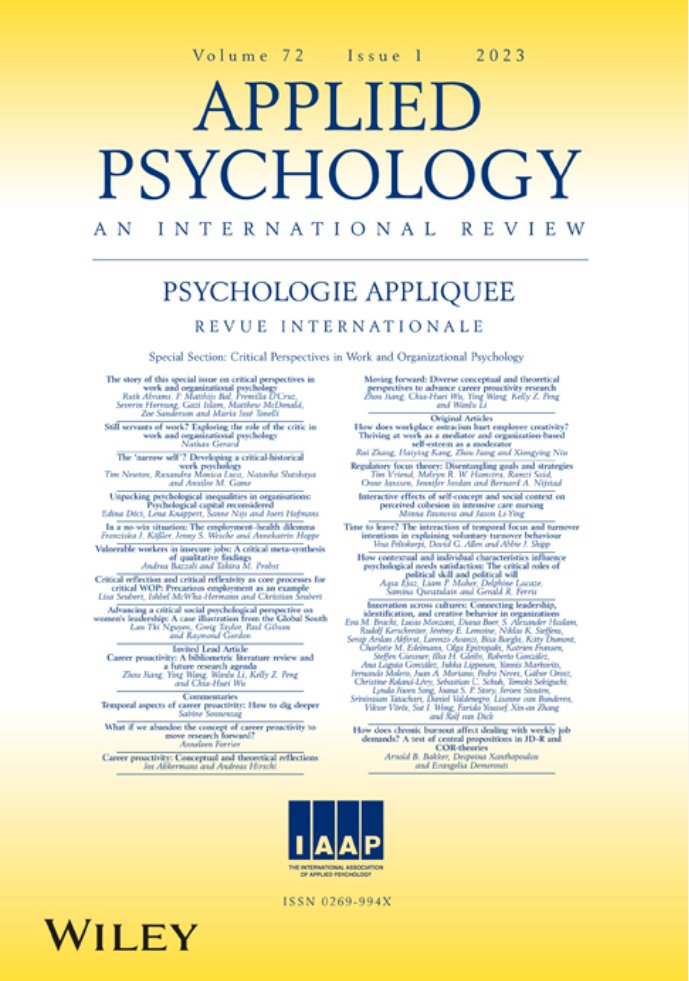Physical Workplace Adjustments to Support Neurodivergent Workers: A Systematic Review
This review examined the extent, nature and quality of the current empirical evidence for physical workplace adjustment to support occupational longevity, performance and health/well-being in ND workers because of their specific sensory needs. Our results indicate that the research is generally not well-developed, is methodologically weak and therefore confined to offering indicative effects. The majority of studies addressed a mixture of work settings, a mixture of adjustments/barriers and facilitators, and focused predominantly on workers with ASD. This means that the effects of required sensory adjustments have been researched without due consideration of specific environments and inclusive sampling. Given the necessity of physical workplace adjustments to support inclusion and occupational outcomes for ND individuals, this review highlights the need for more methodologically sound research to inform evidence-based (design) guidelines for ND office environments.
Physical Workplace Adjustments to Support Neurodivergent Workers: A Systematic Review
- Date Published
- Tue, 6th Sep 2022
- Publisher
- IAAP - International Association of Applied Psychology
- Author
- Weber, Clara; Häne, Eunji; Yarker, Joanna; Krieger, Beate; McDowall, Almuth
- Website
- https://iaap-journals.onlinelibrary.wiley.com/doi/10.1111/apps.12431
- Categories
- Keywords
- Barriers, Adjustments, Facilitators
This review examined the extent, nature and quality of the current empirical evidence for physical workplace adjustment to support occupational longevity, performance and health/well-being in ND workers because of their specific sensory needs. Our results indicate that the research is generally not well-developed, is methodologically weak and therefore confined to offering indicative effects. The majority of studies addressed a mixture of work settings, a mixture of adjustments/barriers and facilitators, and focused predominantly on workers with ASD. This means that the effects of required sensory adjustments have been researched without due consideration of specific environments and inclusive sampling. Given the necessity of physical workplace adjustments to support inclusion and occupational outcomes for ND individuals, this review highlights the need for more methodologically sound research to inform evidence-based (design) guidelines for ND office environments.


